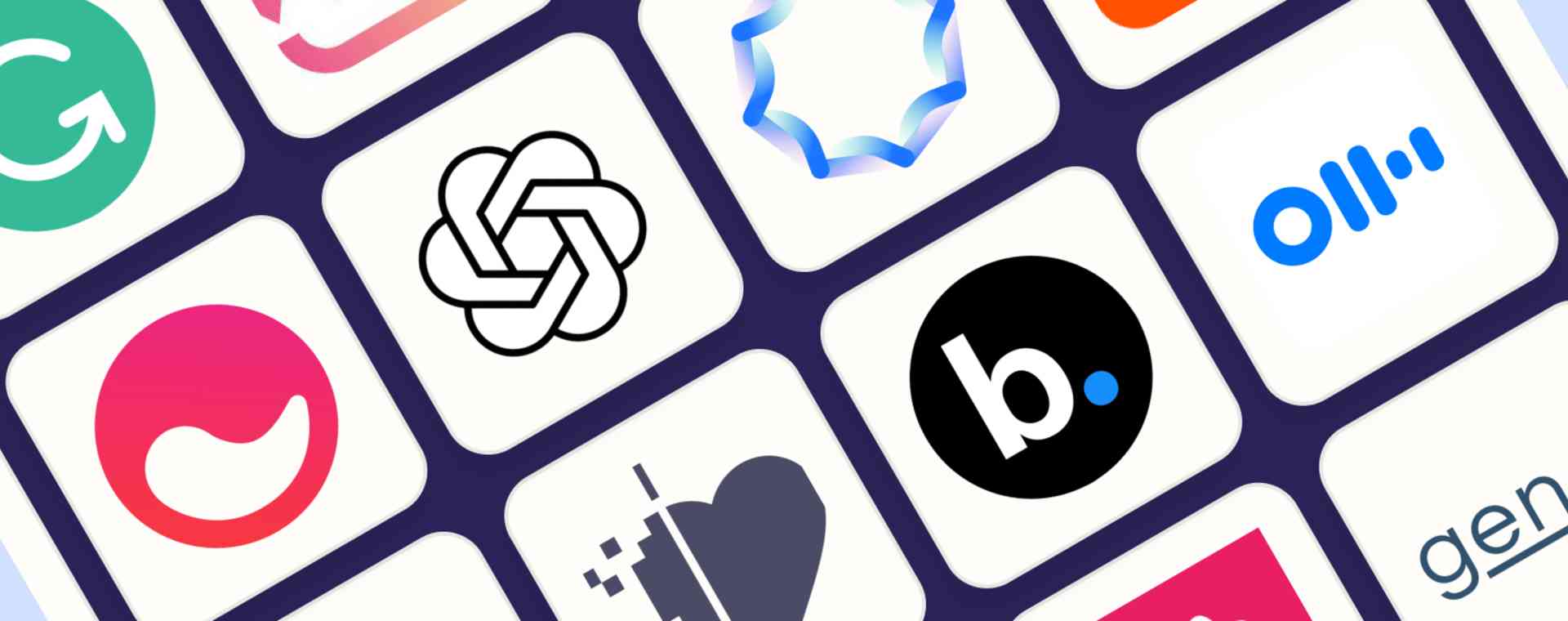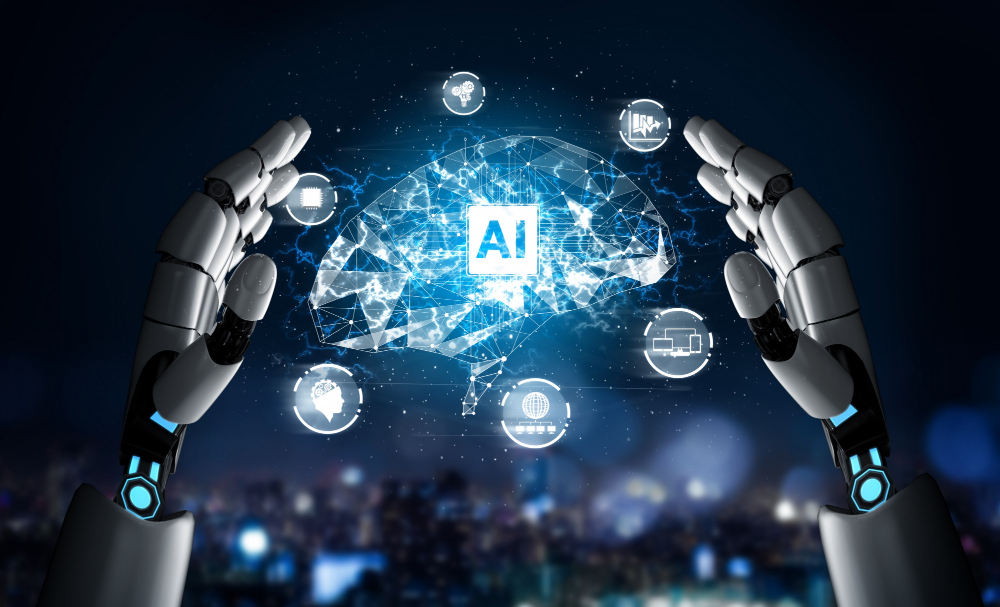Introduction
Artificial Intelligence (AI) is a fascinating and rapidly advancing field that has the potential to revolutionize various aspects of our lives. In this beginner’s guide to AI, we will demystify the concepts, applications, and implications of artificial intelligence, providing you with a comprehensive understanding of this cutting-edge technology.
What is Artificial Intelligence?
Artificial Intelligence refers to the development of intelligent machines that can perform tasks that typically require human intelligence. These machines are programmed to analyze data, learn from patterns, and make informed decisions or predictions. AI encompasses a range of techniques and approaches, including machine learning, natural language processing, computer vision, and more.
The Foundations of Artificial Intelligence
1. Machine Learning: Unleashing the Power of Data
Machine learning is a subset of AI that focuses on enabling computers to learn and improve from data without explicit programming. By utilizing algorithms and statistical models, machine learning algorithms can recognize patterns, make predictions, and automate decision-making processes.
2. Deep Learning: Emulating the Human Brain
Deep learning is a subfield of machine learning that draws inspiration from the structure and functioning of the human brain. It involves training artificial neural networks with vast amounts of data to perform complex tasks such as image and speech recognition, natural language understanding, and autonomous driving.
Applications of Artificial Intelligence
AI has found applications in various industries, transforming the way we live and work. Here are some prominent areas where AI is making a significant impact:
1. Healthcare: Enhancing Diagnosis and Treatment
AI-powered systems can analyze medical data, detect patterns, and assist in diagnosing diseases with high accuracy. It also enables personalized treatment plans, drug discovery, and robotic surgeries, revolutionizing the healthcare industry.
2. Finance: Optimizing Financial Operations
AI algorithms can analyze vast amounts of financial data, identify trends, and make real-time predictions for investment decisions. It also facilitates fraud detection, risk assessment, and algorithmic trading, enhancing the efficiency and security of financial operations.
3. Transportation: Pioneering Autonomous Vehicles
Self-driving cars are a prime example of AI-powered technology in transportation. AI algorithms enable vehicles to perceive their surroundings, navigate complex road conditions, and make intelligent decisions, paving the way for safer and more efficient transportation systems.
4. Customer Service: Enhancing User Experience
Chatbots and virtual assistants powered by AI are transforming customer service interactions. These intelligent systems can understand and respond to customer queries, provide personalized recommendations, and streamline customer support processes, improving user experience and efficiency.
5. Education: Personalizing Learning Experiences
AI technologies enable personalized learning experiences by analyzing student data, adapting curriculum to individual needs, and providing tailored feedback. Intelligent tutoring systems, virtual reality simulations, and educational analytics are revolutionizing the field of education.
The Ethical Considerations of Artificial Intelligence
While AI offers immense possibilities, it also raises ethical concerns that must be addressed. Here are some key ethical considerations surrounding artificial intelligence:
1. Privacy and Data Protection
The use of AI involves processing vast amounts of personal data, raising concerns about privacy and data protection. Striking the right balance between utilizing data for AI advancements and safeguarding individual privacy is crucial.
2. Bias and Fairness
AI systems are only as unbiased as the data they are trained on. Care must be taken to ensure that AI algorithms do not perpetuate biases or discriminate against individuals based on factors such as race, gender, or socioeconomic status.
3. Transparency and Accountability
As AI becomes increasingly autonomous, it is important to ensure transparency in its decision-making processes. Understanding how AI algorithms reach certain conclusions and holding them accountable for their actions are essential for building trust and ethical AI practices.
4. Job Displacement and Workforce Impact
The rise of AI and automation raises concerns about job displacement and its impact on the workforce. It is crucial to address these challenges by fostering reskilling and upskilling programs to prepare individuals for the changing job landscape.
The Future of Artificial Intelligence
The field of artificial intelligence continues to evolve rapidly, and its future holds exciting possibilities. Here are some trends and advancements to look out for:
1. Explainable AI
Researchers are working towards developing AI systems that can provide explanations for their decision-making processes. This would enhance transparency, enable better understanding of AI outputs, and foster trust between humans and intelligent machines.
2. AI and Internet of Things (IoT) Integration
The integration of AI with IoT devices opens up new realms of possibilities. AI-enabled devices can collect and analyze data from interconnected devices, leading to more intelligent automation and personalized experiences.
3. Ethical AI Frameworks
Efforts are being made to develop ethical AI frameworks and guidelines. These frameworks aim to establish principles for responsible AI development and usage, ensuring that AI aligns with human values and serves the greater good.
4. Augmented Intelligence
Augmented intelligence focuses on combining human intelligence with AI capabilities to enhance decision-making and problem-solving. This collaborative approach aims to leverage the strengths of both humans and machines, leading to more effective outcomes.
Conclusion
Artificial intelligence has transformed the way we live, work, and interact with technology. As AI continues to advance, it is crucial to demystify its concepts and understand its potential and ethical implications. By harnessing the power of AI responsibly, we can unlock new possibilities and create a future where humans and intelligent machines coexist harmoniously.
FAQs (Frequently Asked Questions):
- What is the difference between AI and machine learning?
- Can AI replace human jobs entirely?
- How is AI being used in social media platforms?
- Are there any ethical concerns regarding AI in healthcare?
- How can AI help in combating climate change?
- What are some notable AI research advancements in recent years?
- Is AI limited to computer-related tasks, or can it have physical applications as well?
- How can individuals learn more about AI and its applications?







